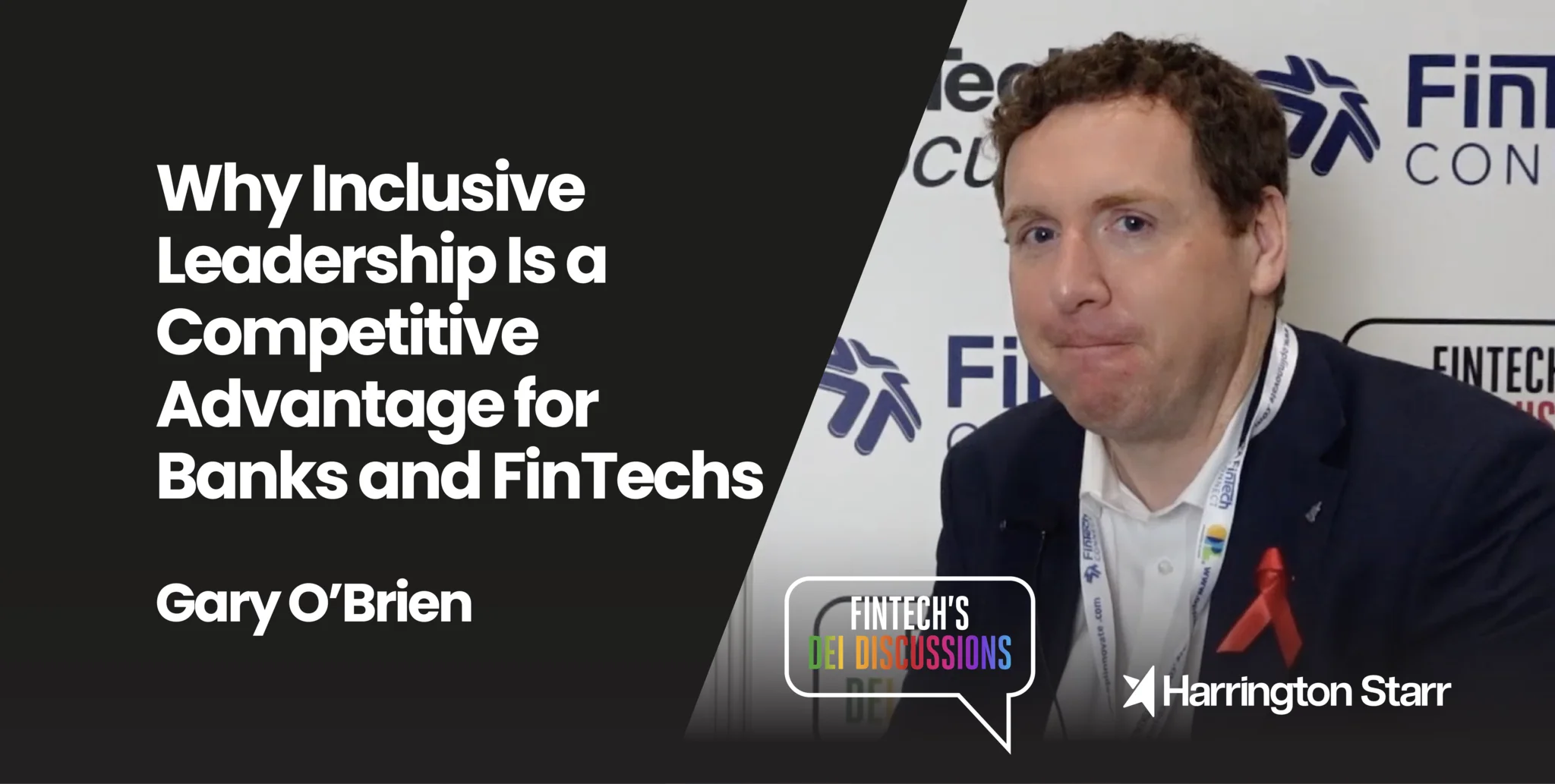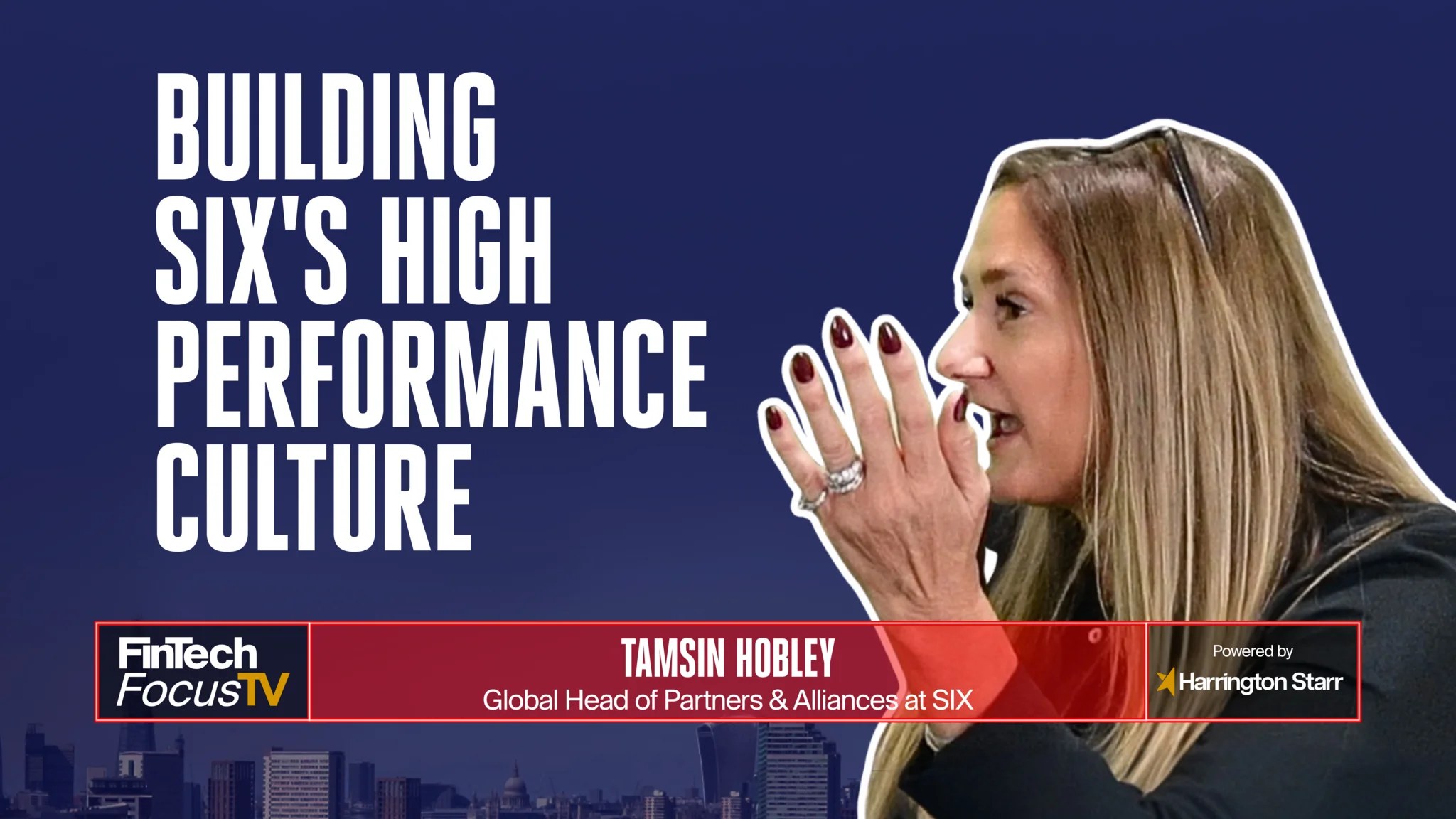Harrington Starr, a leading staffing agency specializing in Financial Technology (FinTech) and Financial Services, hosted a compelling panel discussion titled "The Great Data Rush: If Data is the New Oil, How Ready is Your Engine?" in their New York office. The event attracted a full house, bringing together industry leaders to discuss the evolving landscape of data in the financial sector, exploring its opportunities, challenges, and future trends.
Introduction and Overview
The panel discussion, moderated by Toby Babb, Founder and CEO of Harrington Starr, set the stage for a dynamic conversation about the critical role of data in the modern financial services industry. Toby emphasized the historical parallels between oil powering the second industrial revolution and data driving today's technological advancements. He highlighted the importance of data democratization and the obstacles that firms face in harnessing its full potential.
Key Participants
The panel featured prominent figures from the FinTech industry:
- Kate Chatzopoulos, Director at Symphony
- Kevin Sweeney, Head of Product Management Strategy, Planning & Operations at FCAT Product Management, Fidelity
- Kartik Chopra, Founder and CEO at Devron
Each panellist brought unique insights and experiences, contributing to a rich discussion on data's transformative power in the financial sector.
The Importance of Community and Networking in Data
Toby Babb began by discussing Harrington Starr's philosophy of building communities and fostering connections among industry professionals. By bringing together vendors, hedge funds, consultancies, and end-users, Harrington Starr aims to create opportunities for learning, networking, and business development. This foundational principle has guided the company for over two decades, emphasizing the value of good people knowing good people.
Data as the New Oil: Opportunities and Challenges
Kevin Sweeney's Perspective
Kevin Sweeney elaborated on his experience at Fidelity, highlighting how data has been central to his roles across various financial institutions. He emphasized the advancements in data tools and technologies that have made data mining and analysis more accessible and cost-effective. Kevin pointed out the critical shift from guessing based on limited data to making informed decisions with high accuracy, thanks to modern data analytics.
Kartik Chopra's Insights
Kartik Chopra shared his journey from the CIA to founding Devron, focusing on the challenges of accessing and utilizing sensitive data. He discussed the importance of enabling organizations to leverage personalized software while maintaining data security and compliance. Kartik highlighted technologies like dynamic hashing and multi-party computation that allow for data clustering and analysis without compromising privacy.
Operational Efficiency and Compliance
Kate Chatzopoulos' View
Kate Chatzopoulos addressed the operational challenges faced by financial institutions, particularly in communication and data management. She discussed the need for robust digital strategies to handle the compressed settlement cycles mandated by regulatory bodies. Kate emphasized the importance of interoperability and streamlined communication to reduce manual errors and enhance efficiency.
Recruitment in the US and its Impact on FinTech
As a leading recruitment agency in the financial services sector, Harrington Starr plays a pivotal role in shaping the workforce of the FinTech industry in the United States. The discussion highlighted several key aspects of recruitment and its impact on the sector:
Building Specialized Talent Pools in FinTech
Toby Babb emphasized the importance of creating specialized talent pools to meet the unique demands of the FinTech industry. Harrington Starr's focus on connecting skilled professionals with leading firms helps bridge the gap between talent and opportunity, ensuring that businesses have access to the expertise they need to navigate the complexities of data-driven financial services.
The Role of Recruitment in Innovation in Financial Services
The panellists discussed how recruitment strategies are integral to fostering innovation within the FinTech sector. By identifying and placing candidates with advanced skills in data analytics, AI, and machine learning, Harrington Starr supports companies in developing cutting-edge technologies that drive the industry forward. This alignment of talent with technological needs is crucial for maintaining competitive advantage in a rapidly evolving market.
Addressing Skill Gaps in Data
One of the significant challenges highlighted was the skill gap in the FinTech industry. Kevin Sweeney and Kartik Chopra pointed out the need for continuous education and upskilling to keep pace with technological advancements. Harrington Starr's role in providing access to training programs and professional development opportunities helps mitigate these skill gaps, ensuring that the workforce remains adept at handling emerging technologies.
Enhancing Diversity and Inclusion, FinTech, New York
Diversity and inclusion were also emphasized as critical factors in recruitment. The panellists noted that a diverse workforce brings a variety of perspectives and ideas, fostering creativity and innovation. Harrington Starr's commitment to promoting diversity within the FinTech industry ensures that companies benefit from a wide range of talents and viewpoints, driving better decision-making and problem-solving.
Future Trends in FinTech Recruitment
Looking ahead, the panelists discussed future trends in recruitment for the FinTech sector. They predicted a growing emphasis on soft skills, such as adaptability and problem-solving, alongside technical expertise. The ability to work collaboratively in interdisciplinary teams will be increasingly important as the industry continues to evolve. Harrington Starr's proactive approach to identifying and nurturing these skills positions them as a key player in shaping the future workforce of FinTech.
Overcoming Obstacles in Data
Communication and Data Management
The panelists agreed that one of the significant obstacles in the financial services sector is managing the vast amount of unstructured data generated through various communication channels. Kate highlighted the issue of "swivel chair syndrome," where employees manually transfer data between systems, leading to potential breaches and inefficiencies. She advocated for the use of encrypted platforms and automated bots to facilitate seamless and secure communication.
Innovation and Startups in FinTech
Kartik Chopra discussed the hurdles faced by start-ups in entering the financial services market. He stressed the importance of building credibility and overcoming procurement challenges. Kartik suggested that startups focus on solving specific pain points and demonstrating value to multiple stakeholders to accelerate adoption.
The Future of Data in Financial Services
Kevin Sweeney's Data Forecast
Looking ahead to 2024, Kevin Sweeney predicted that data storage and management would become even more affordable, driving further innovation in data analytics. He emphasized the need for ethical considerations in data use and the role of AI in validating business decisions. Kevin envisioned a future where businesses could leverage AI to make informed decisions quickly and cost-effectively.
Kartik Chopra's Data Vision
Kartik Chopra foresaw a shift towards using smaller data sets to train more efficient algorithms. He emphasized the trend of creating workflows that integrate various AI models to answer specific business questions. Kartik believed that minimizing the need for extensive data engineering would lead to faster decision-making processes and more agile business operations.
Kate Chatzopoulos' Data Predictions
Kate Chatzopoulos outlined Symphony's strategic acquisitions aimed at preparing for the future of data in financial services. She highlighted the importance of creating organizational maps, enhancing voice communication, and leveraging analytics for business intelligence. Kate predicted that voice technology would play a significant role in financial services, with the potential to revolutionize how professionals communicate and collaborate.
Conclusion
The panel discussion provided valuable insights into the current and future landscape of data in the financial services industry. Harrington Starr's commitment to fostering community and innovation was evident throughout the conversation, underscoring the importance of collaboration and strategic thinking in navigating the data-driven future of FinTech.
Get in Touch with Harrington Starr, staffing agency in New York
If you are seeking top talent to drive your FinTech initiatives forward, Harrington Starr is here to help. With a deep understanding of the financial services landscape and a proven track record of connecting skilled professionals with leading companies, we are your go-to partner for all your recruitment needs. Contact us today to discover how we can assist you in building a team that will lead your business into the future. Visit our website or reach out to our New York office for more information.












